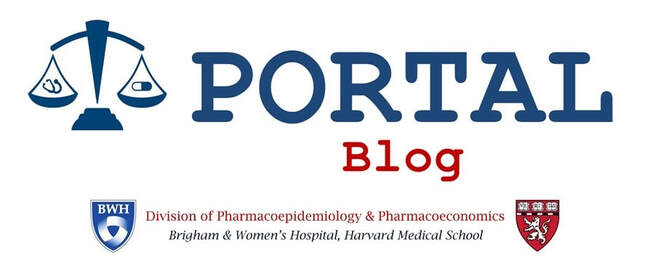|
Researchers and policymakers in the US are exploring the implementation of health technology assessment and value-based pricing to negotiate drug prices and reduce US spending on prescription drugs. The US spends more than any other country on prescription drugs, and despite growing federal spending on them, patients still face negative impacts when they cannot afford their medications or rising insurance premiums. Price negotiation is gaining increasing support, and an important potential step for those negotiations is measuring the health benefit of new drugs. The most widely used measure of health benefit for health technology assessment is the quality-adjusted life year (QALY), a measure that combines the effects of a drug on life expectancy and quality of life. Though QALYs are used in other, high-income countries, in the US criticisms of QALYs have limited their use and undermined efforts to negotiate fair drug prices at the state and federal level.
In a new study in Health Affairs, we aimed to provide context to the debate about the QALY and understand the nature of the criticisms made against it. Using a systematic literature review, we identified the types of criticisms of the QALY and how they might be relevant to implementing drug health technology assessment in the US. Nine criticisms of QALYs in three categories were identified. The first category concerns the methods used to derive and measure QALYs. The second is that QALYs are neutral about who benefits and ignores the distribution of health. The third category concerns the potential for discrimination on the basis of age or disability. While the methods criticisms are being actively addressed by health economics researchers, the neutrality and disability criticisms highlight ethical challenges for any policy, which must address broader societal concerns about fairness that will arise in price negotiations and spending policies. There are real opportunity costs to patients when resources are spent on less cost-effective alternatives. One of the advantages of QALYs and a systematic approach to evaluating health gains is that they allow for an explicit conversation about how resources are spent and how they should be spent. Policy makers should recognize that some of the criticisms are indicative of ethical problems that will need to be addressed whether the QALY or an alternative is adopted. Leah Z. Rand, D. Phil. is a postdoctoral fellow with PORTAL. Aaron S. Kesselheim, MD, JD, MPH is a Professor of Medicine at Harvard Medical School and Director of PORTAL. Comments are closed.
|
AuthorPORTAL Blog posts are authored by PORTAL faculty, trainees, and collaborators. Archives
January 2022
Categories |
|
Program On Regulation, Therapeutics And Law (PORTAL)
Division of Pharmacoepidemiology and Pharmacoeconomics 1620 Tremont Street, Suite 3030 Boston, MA 02120 |


 RSS Feed
RSS Feed
